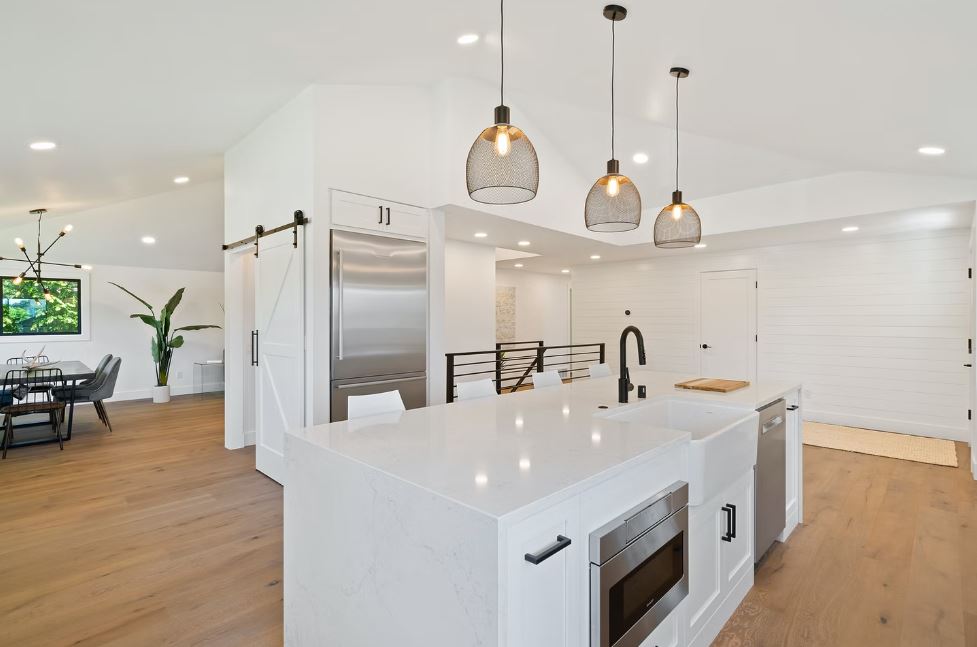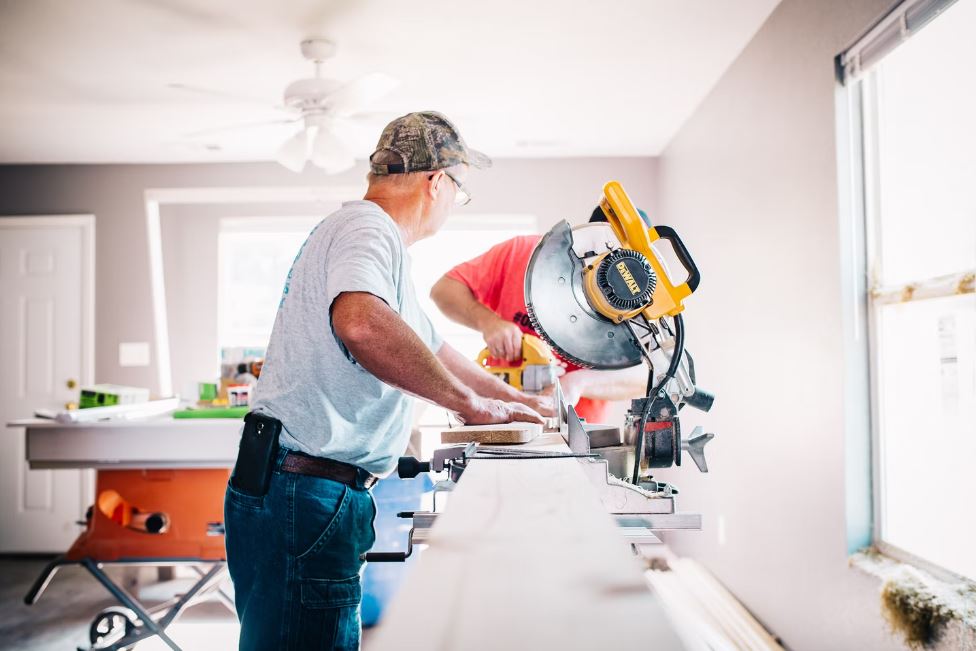Planning a home renovation project can be an exciting and fulfilling experience. However, it’s important to remember that a successful project requires careful planning and execution. When you are ready to start your project, here are some useful tips to help you get started:
Define your goals and objectives
What do you hope to achieve with your renovation? Is your goal to increase the value of your home so that you can cash out via a refinance? Or are you mainly focused on beautifying your space for your own enjoyment? Of course, it’s okay if you are doing this because you want to cash out refi your property later, whatever the case is, be clear about your objectives from the start so that you can make informed decisions throughout the renovation process. A clear objective of what you want to achieve will also allow you to better communicate your vision to your contractor, which can save you a lot of headaches and misunderstandings down the road.
Get multiple bids and compare them
When you are planning your home renovation, it is important to get multiple bids from contractors before making any decisions. This will help ensure that you are getting the best possible price for the work that needs to be done. It is also a good idea to compare the bids side-by-side so that you can see what each one includes. This can be a helpful way to spot any potential red flags.
In addition to that, make sure that you are clear about the scope of work that needs to be done before signing any contracts This includes the materials that will be used, the timeline for the project, and any other important details.
Set Your Renovation Budget
Before embarking on a home renovation project, it is critical that you set a budget and stick to it. There are a number of reasons why this is important. It will help you keep track of your spending and avoid going over budget. It will allow you to prioritize your renovation goals and ensure that you are getting the most bang for your buck. And it will help keep you from becoming overwhelmed by the scope of the project.
There are a number of ways to go about setting a budget for your home renovation. One option is to start by figuring out how much you can afford to spend each month. This can be done by taking into account your finances, your current debts, and your estimated expenses for the renovation. Once you have a monthly figure in mind, you can start to break it down into more specific categories.
Another option is to start with a rough estimate of the total cost of the project. This can be done by researching the average cost of similar projects in your area. Once you have a ballpark figure, you can start to break it down into more specific categories.

Hire a Reputable Contractor
When planning a home renovation project, one of the most important things you can do is to hire a reputable contractor. A reputable contractor will have the necessary experience and expertise to get the job done right. They will also be able to help you navigate the often complicated process of getting the necessary permits and approvals.
A reputable contractor will also be able to work with you to create a detailed budget for your project and help you stay on track. They will also be able to provide you with a list of qualified subcontractors who can help with specific aspects of your renovation. Finally, a reputable contractor will be able to provide you with a warranty on their work, ensuring that you are protected in case something goes wrong.
To ensure that you hire a reputable contractor, first, get recommendations from friends, family, and neighbors who have undertaken similar projects. Second, check out online reviews of contractors in your area.
Understand Neighborhood Bylaws & Permitting
When planning a home renovation project, it is important to understand your neighborhood bylaws and permitting requirements. This will help you avoid any potential problems or delays down the road. There are a few things to keep in mind when researching your neighborhood bylaws:
- Find out if there are any restrictions on the type of work you can do. For example, some neighborhoods have restrictions on adding walls or changing the exterior of homes.
- Be aware of noise restrictions. This is important if you plan on doing any work that could be disruptive to your neighbors, such as demolition or construction.
- Make sure you have the proper permits for any work you plan on doing. Depending on the type of work, you may need a building permit, electrical permit, or plumbing permit.
- Be familiar with the zoning regulations in your neighborhood. This will determine where you can and cannot do certain types of work.
Following these tips will help you avoid any potential problems when planning your home renovation project. Especially when it comes to understanding your neighborhood bylaws and permitting requirements.
Prioritizing structural defects
This is crucial when planning a home renovation project. Because it ensures the safety of you and your family, helps you avoid expensive repairs down the road, and also to help improve the overall value of your home.
To prioritize structural defects, start by making a list of all the potential problems that need to be fixed. Once you have the list, start with the most serious issues first and work your way down to the less pressing ones.
For example, if there is water damage, that needs to be dealt with immediately as it can lead to other problems like mold growth. Other structural defects that should be at the top of your list include electrical and plumbing issues, as well as any problem that could potentially cause injuries. Once you have dealt with the most serious structural defects, you can then focus on cosmetic repairs and upgrades.
When planning a home renovation project, there are a few things you need to keep in mind. First, you need to hire a reputable contractor who can help you navigate the often complicated process of getting the necessary permits and approvals. Second, you need to understand your neighborhood bylaws and permitting requirements to avoid any potential problems or delays down the road. Finally, you need to prioritize the structural defects in your home so that you can deal with the most serious issues first. By following these tips, you can ensure that your home renovation project goes smoothly and is completed on time and within budget.

